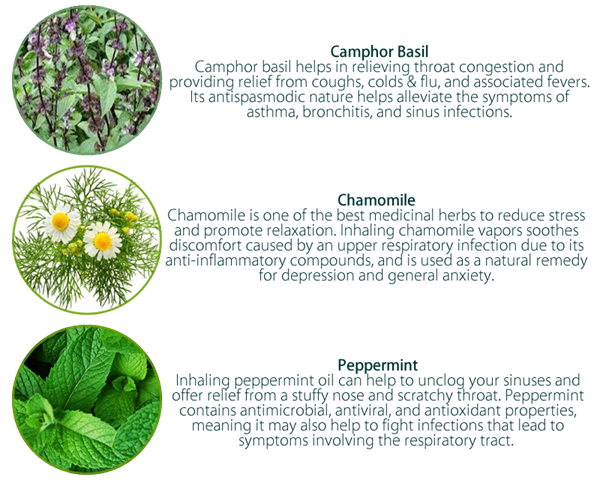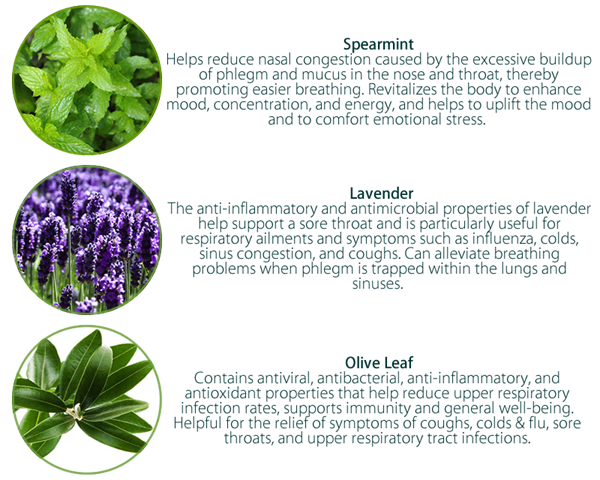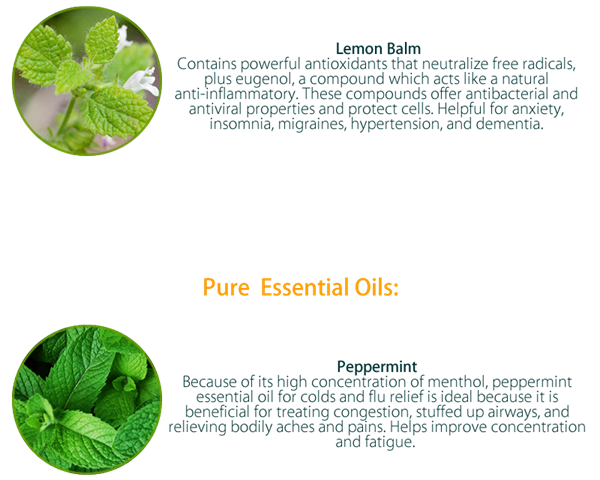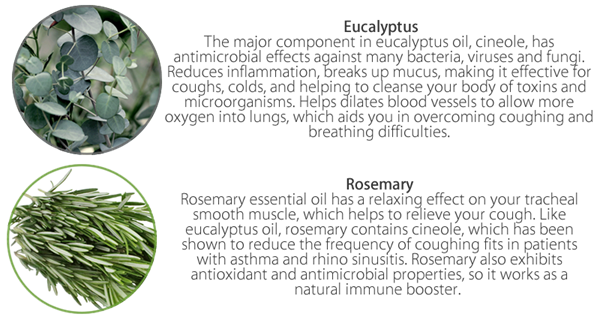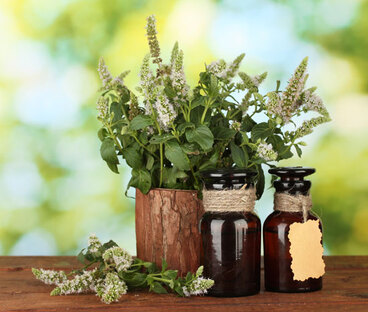
Compact Ingredients
Herbs & Essential Oils
Traditional Uses
Herbs & Essential Oils
Traditional Uses
Information on the traditional uses and properties of herbs and oils are provided on this site is for educational use only, and is not intended as medical advice. If you have any serious health concerns, you should always check with your healthcare practitioner before self-administering herbs and oils.
